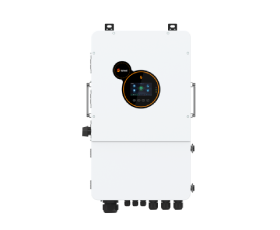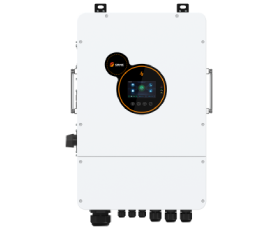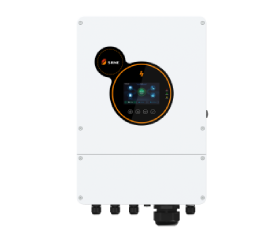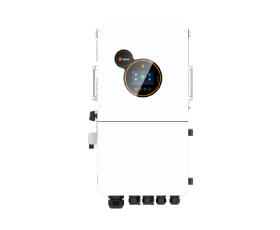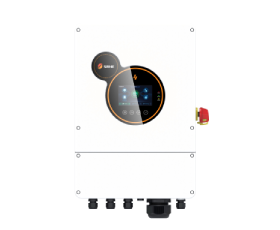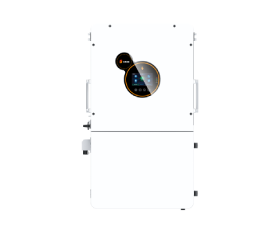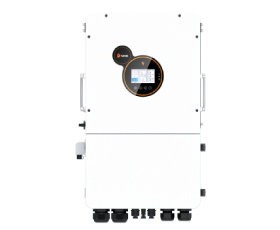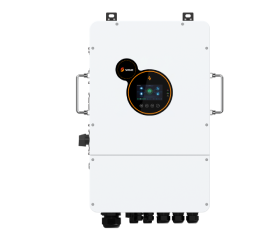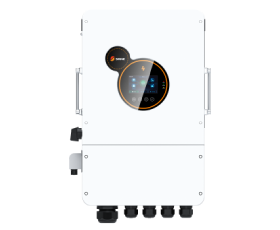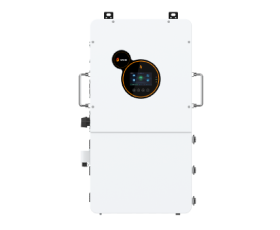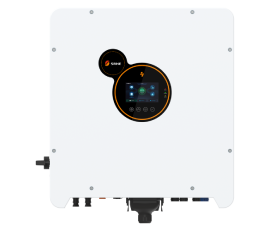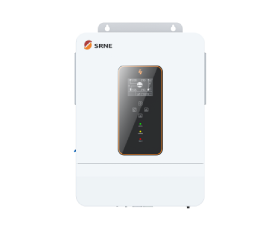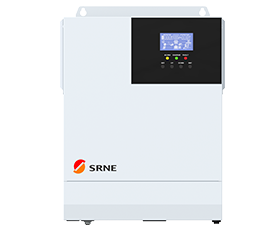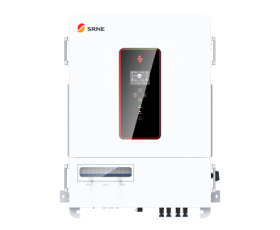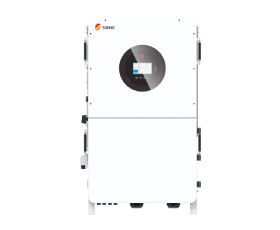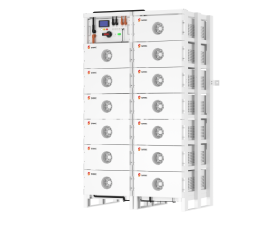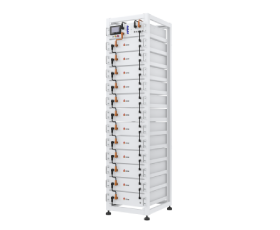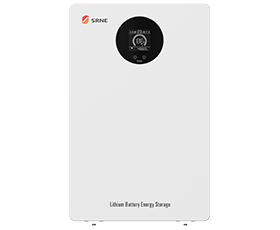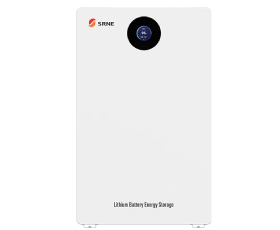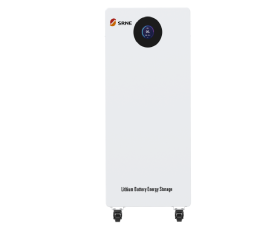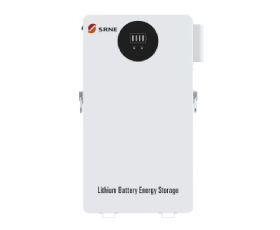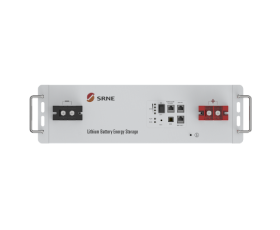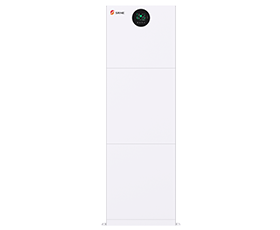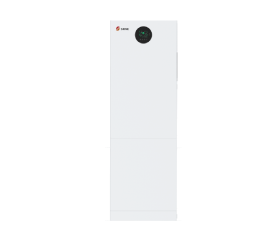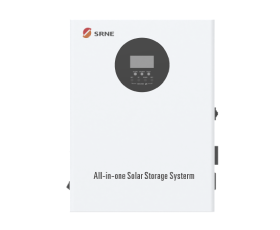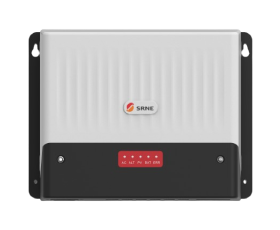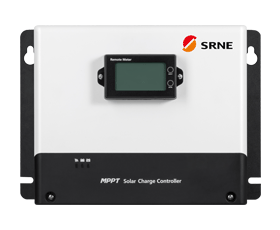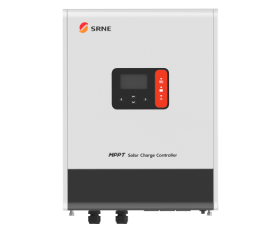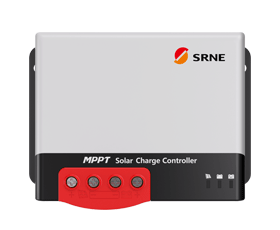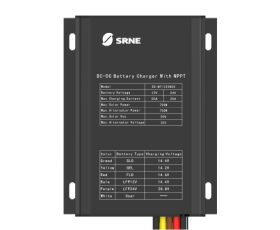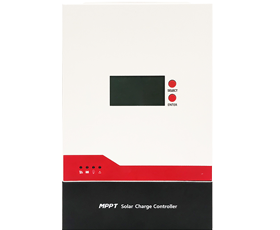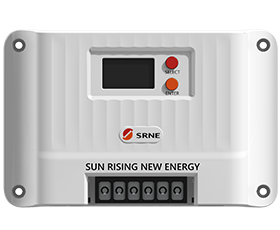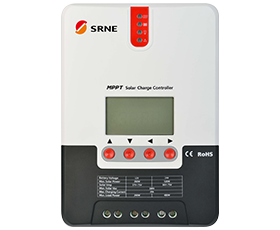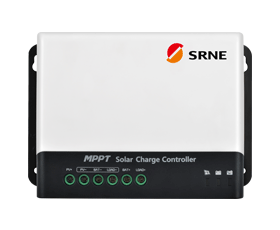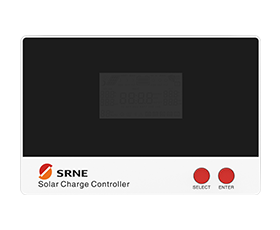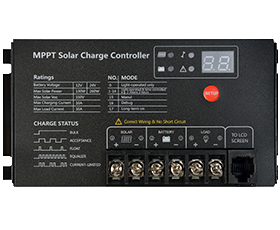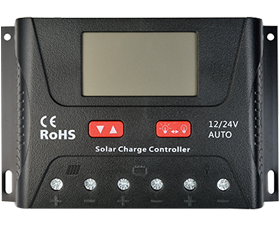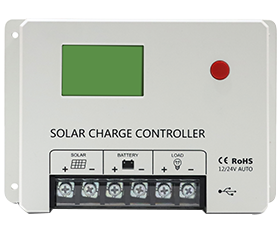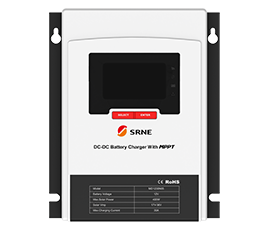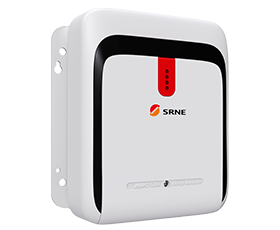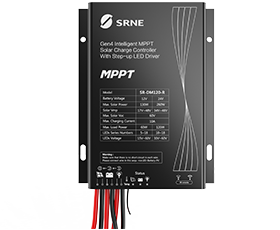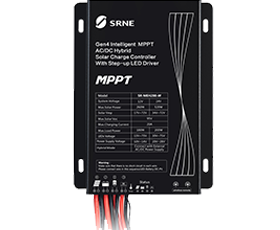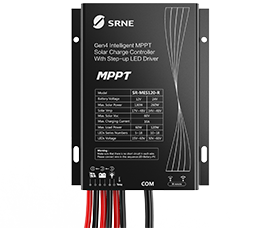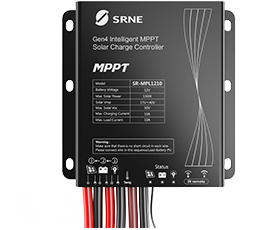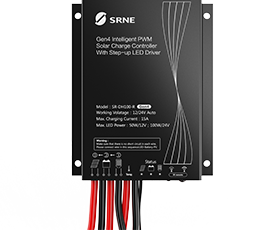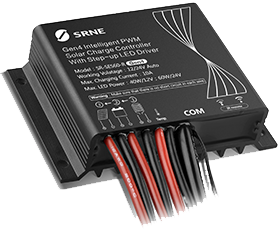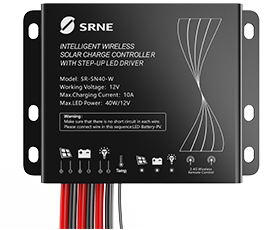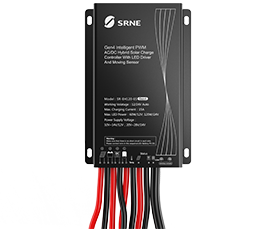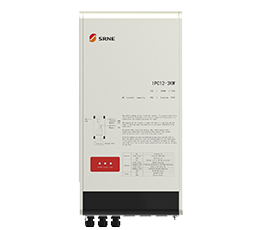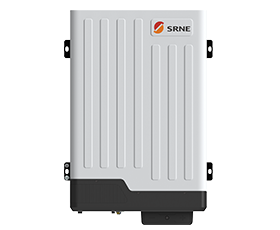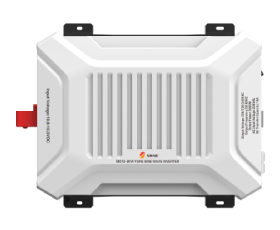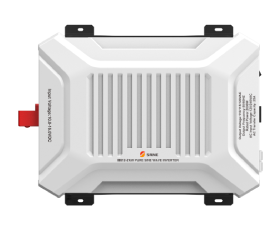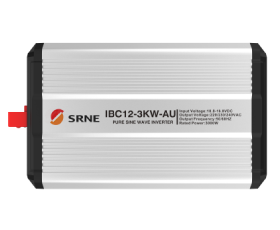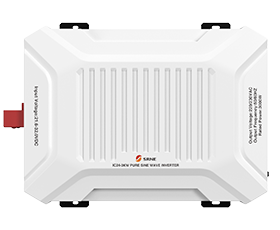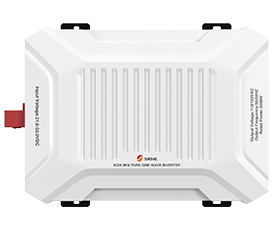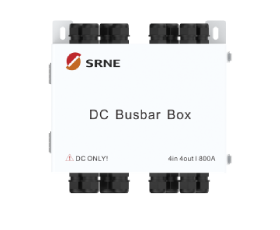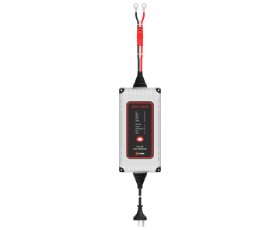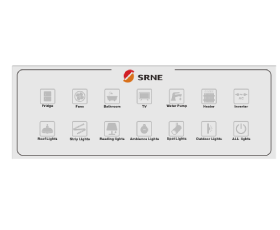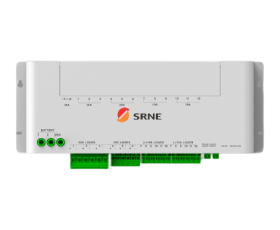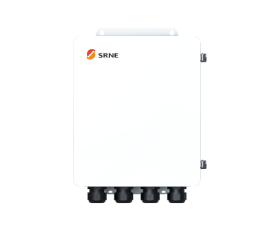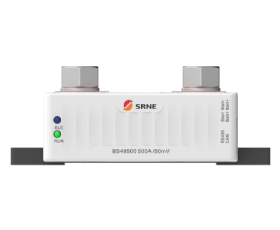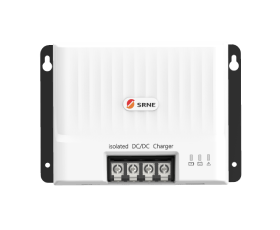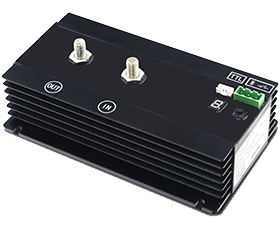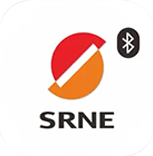Deep Cycle Batteries for Solar
If you live off grid or in recreational vehicles (RVs), you may need solar batteries that can provide dependable power under any condition. Solar batteries are the heart of every off-grid solar power system. The batteries should have high capacity, good discharge rates, high round-trip efficiency and can be re-charged quickly. The best batteries for said living conditions are deep cycle batteries.
Deep cycle batteries are an energy storage units in which a chemical reaction occurs that develops voltage and results in electricity. These batteries’ design is to cycle (discharge and recharge) many times. This means it can release high amounts of stored electricity compared with its storing capacity. A deep cycle battery is also built for providing a steady stream of power over a long period of time.
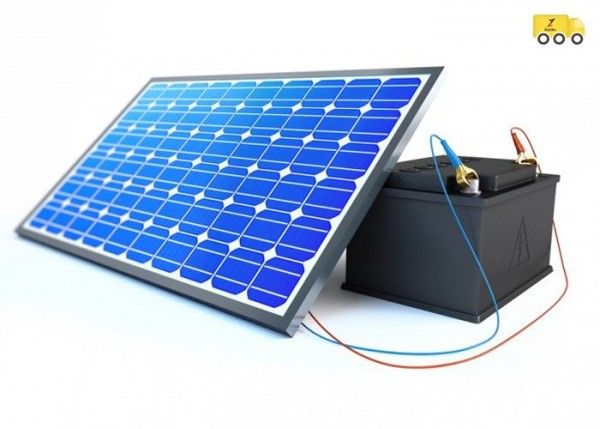
Types of Deep Cycle Battery
All batteries' capacity to store and deliver energy wears down over time, but there are significant differences between the different types of solar batteries, how deeply they can cycle, and how long they can be expected to last. Of these, there are three basic types used for solar power system, which are:
Flooded Lead Acid Batteries
Flooded lead acid batteries, or wet cells, are the oldest type of rechargeable battery still in use. This type of battery contains a liquid in an unsealed container. This means that the battery must be upright and in a area with good ventilation to ensure safe dispersal of the hydrogen gas that the batteries produce during overcharging. The lead-acid battery is also very heavy for the amount of electrical energy it can supply.
Flooded lead acid batteries require period monitoring and topping up with distilled water. Despite these disadvantages, flooded batteries have high surge current, easier to troubleshoot and are relatively inexpensive.
Valve Regulated Lead-Acid (VRLA) battery – Gel and AGM
This type of battery is the generation after flooded lead-acid batteries, created to overcome issues associated with the FLA. Instead of free-flowing liquid electrolyte, the VRLA has a thicker electrolyte. It is also sealed, thus giving its other name sealed lead-acid battery.
There are two varieties of VRLA – gel and absorbed glass matt (AGM). Gel batteries contain a gelled electrolyte. AGM deep cycle batteries use an electrolyte in a glass mat. As these are not free-flowing liquids, there is no need to add water.
Lithium-ion Battery
Lithium ion batteries are quite different to conventional deep cycle batteries and have sparked a revolution in grid-connected residential energy storage. Sometimes called a lithium battery, it consists of a cathode and anode plates or cylinders dipped in a solution of lithium salts. It is available in many chemistries and is the safest for RV use. Although lithium batteries are generally the most expensive among the range of deep cycle batteries, they last much longer than lead-acid types.
Battery Maintenance
Deep cycle batteries (lead-based) such as those used in off-grid solar power systems have much thicker lead plates than car batteries to make them last longer. Lithium deep cycle batteries last between 3,000 and 5,000 charging cycles depending on the brand, model and other factors. In terms of years, it can range from 3 to 20 years.
Flooded lead-acid batteries that are maintained correctly can last up to 6 years. The same goes for AGM batteries. Gel batteries can last a little longer, from 10 to 20 years. Deep cycle batteries should never really discharge to below 20% of their full capacity, because internal resistance causes heat and damage when recharging.
Renewable energy systems usually use a low-charge or low voltage warning light or a low-voltage cut-off switch to prevent the type of damage that will shorten the battery’s life.
Battery shelf life will increase by storing them at a lower temperatures, because the chemical reactions in the batteries are slower. However, in order to reach their maximum voltage, batteries must return to room temperature. Therefore, most deep cycle battery manufacturers do not recommend refrigerating batteries.
With proper care and maintenance, deep cycle batteries will have a long service life in any solar power system.
Each type of deep cycle battery has its pros and cons. Solar installers should choose the most suitable one in accordance with their needs.



















